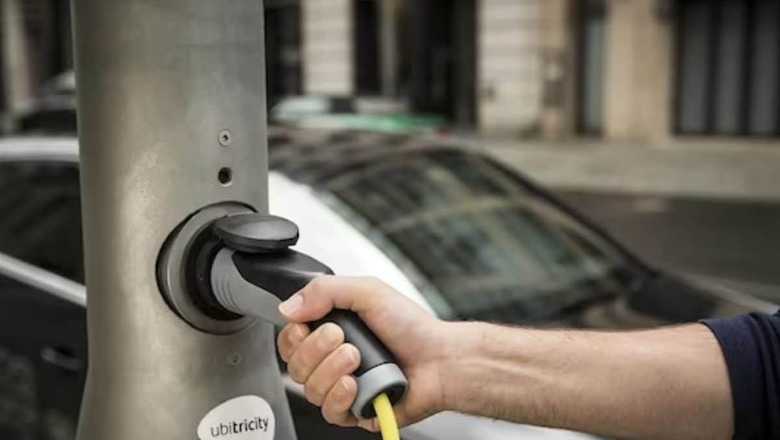
views
Union Minister Nitin Gadkari recently stated that Electric Vehicles (EVs) are predicted to sell one crore units annually in India and create roughly five crore jobs by 2030.
“As per the Vahan database, 34.54 lakh EVs are already registered in India,” Gadkari said while addressing the 19th EV EXPO 2023 as quoted by The Economic Times (ET).
India has the potential to become the world’s top producer of electric vehicles (EVs), according to the Union Minister of Road Transport and Highways, and the government is dedicated to transforming India into a self-sufficient nation in the production and widespread use of clean energy, the ET report further adds.
According to Union Minister Gadkari, the government has also approved the conversion of current polluting cars into fully electric and hybrid vehicles. He said that the technology demonstrations had gone well and that the regulations had been finalised. The government reportedly plans to switch to electric vehicles for both public transport and logistics, Gadkari added.
As per the Vahan database, 34.54 lakh EVs are currently registered in India, Union Minister Gadkari stated during the 19th EV EXPO 2023. India saw a 50 per cent increase in electric vehicle sales from April to November of 2023, with a total of 1,387,114 units sold. According to media reports, two-wheelers accounted for 56 per cent of total sales, while three-wheelers accounted for 38 per cent. The Indian government intends to make the country the world’s largest producer of electric vehicles, as well as a leader in mass production and clean energy use.
Measures to Increase Electric Vehicle Adoption
The Indian government has launched a number of initiatives to promote the production and adoption of electric vehicles. These include the conversion of existing cars to hybrid and all-electric vehicles, as well as the conversion of public transport and logistics to electric vehicles.
Electric vehicles are currently 25-30 per cent more expensive than their internal combustion engine counterparts due to high import content and expensive batteries. However, experts predict that the cost of electric vehicles will fall in the coming years due to increased production scale and lower battery costs. As a result, electric vehicles are expected to become cost-competitive with traditional vehicles in the near future.
In order to boost battery cell production and fortify the ecosystem of suppliers, the government launched the Production Linked Incentive (PLI) programme. This initiative will help advance the use of electric vehicles. The authorities are also pushing state governments to enact their own EV policies in an effort to hasten the adoption of EVs.




















Comments
0 comment